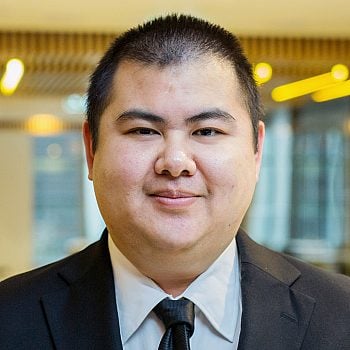Generally speaking, a life estate gives full ownership rights to the recipient, other than the right for the recipient to pass the property to their heirs upon their recipient’s death. A life estate may be granted with certain conditions attached.
Life estates are a common mechanism used as part of estate planning in blended families. A common situation where life estates may be used is as follows:
- only one partner of the relationship owns the family home (Home);
- one or both partners has children from other relationships and do not have any children together;
- the Home was acquired prior to the beginning of the current relationship; and
- the partner who owns the Home (Home Owner) wants it to stay within their bloodline.
In the above situation, the Home Owner may choose to grant a life estate to their partner, with the Home to pass to the Home Owner’s children upon the partner’s death.
Key considerations for a life estate
The case of Ng v Lau; In the Estate of Ken Kui Yuen Lau [2020] NSWSC 713 highlights the issues with life estates that need to be carefully considered when making the decision to grant one. The deceased’s will left his widow from his second marriage, Mary, a life estate in their matrimonial home (subject to her being liable for maintaining the property and keeping it in good repair) and half of the residue which included an investment property. Mary was also the beneficiary of the deceased’s superannuation. The other half of the residue was left to the deceased’s son from his first marriage, Gary. Gary would inherit the matrimonial home upon Mary’s death. Mary made a family provision claim on the deceased’s estate.
The Court highlighted the following issues in respect of the life estate granted to Mary:
- the life estate was inflexible – the life estate granted by the deceased did not give Mary the ability to change the home, especially in circumstances where she was 74 years old and would likely need to move to more suitable accommodation in a few years. In the circumstances, the Court made a “Crisp order”, which is an order that gives the beneficiary of a life estate the right, if required, to secure more appropriate accommodation such as a retirement village or nursing home;
- the life estate was insufficient provision – although Mary was entitled to half of the residue of the deceased’s estate, the Court found that on the facts of this case, this was insufficient provision in circumstances where Mary was required to keep the matrimonial home in a reasonable state of repair and did not have the option to swap the matrimonial home for more appropriate accommodation; and
- the life estate is an administrative burden – the maintenance of a life estate means that the executor appointed under a will is required to manage the estate for many years. At the time of the hearing, Mary had a life expectancy of 15 years. This meant that she and the deceased’s son would remain as co-executors for a significant period of time. The Court also acknowledged that there were some difficulties in the relationship between Mary and Gary but that this would be resolved by Gary’s voluntary resignation as co-executor.
In addition to the issues considered by the Court above, a Home Owner also needs to consider the following issues:
- life estates delay inheritance – as stated above, it is common for life estates to run for many years, particularly in cases where the person receiving the life estate is of similar age to the other beneficiaries. If the Home was the main asset of the Home Owner, this could delay the inheritance of other beneficiaries for many years; and
- life estates require resources to maintain – a life estate may be granted on the basis that the Home Owner’s estate will continue to pay for outgoings, insurance and maintenance of the property. If the estate does not have other assets, it may not be able to meet these costs.
Conclusion
This case reminds us that estate planning, particularly for blended families, can be complex. If you are thinking about granting a life estate with the aim of keeping your Home within your bloodline, you need to carefully consider the practical issues for your estate. Thought should be given to the burden on your executor and other beneficiaries especially when life estates could result in a family provision claim against your estate.


